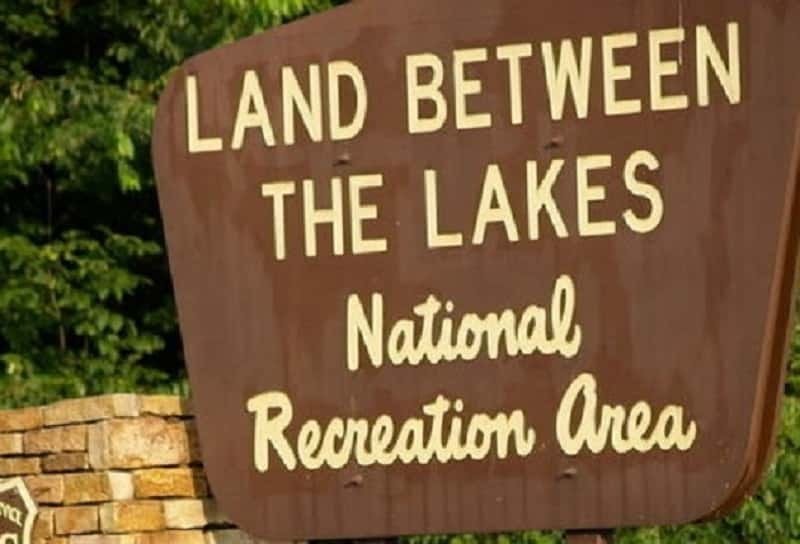
U.S. Senate Republican Leader Mitch McConnell and Congressman James Comer both announced Thursday that a key approval has come for the Land Between the Lakes Recreation and Heritage Act — legislation the two introduced in April.
The nod came from the U.S. Senate Committee on Energy and Natural Resources, and the bill now goes to the full Senate for consideration.
This specific legislation includes a number of provisions to help LBL secure more federal resources that will address maintenance needs, while expanding recreation opportunities. This includes authorized funding every fiscal year from the U.S. Forestry Service, critical changes to the LBL Advisory Board and its makeup, regulations to ensure user fees collected through LBL are used specifically to improve LBL, and provisions to bolster law enforcement capacity in LBL and its surrounding counties.
The bill also sharply defines the special status for the families who once resided in LBL prior to its construction, and guarantees direct descendants access to cemeteries within LBL’s borders.
McConnell called the committee’s vote a “resounding victory” for LBL community stakeholders, who have “worked decades to protect this important landmark.” He further noted that he and Comer worked closely with local leaders of west Kentucky, in order to comfort, support and prove that a long list of issues facing LBL would be addressed and corrected.
Comer called LBL “one of Kentucky’s crown jewels,” and wrote that he was “thrilled” when the House Natural Resources Committee held its hearing on the Heritage Act, and “pleased” to see the NRC advance the bill.
LBL is one of the nation’s top recreation areas, sprawling more than 170,000 acres of Kentucky and Tennessee between Lake Barkley and Kentucky Lake. For Lyon and Trigg counties, activities like fishing, boating, camping and hiking are made possible on a daily basis.
Congress originally passed McConnell’s Land Between the Lakes Protection Act in 1998, which put the LBL under the administration of the U.S. Forest Service and provided federal resources and infrastructure for supported maintenance.
But in recent years, more needs had to be met.






